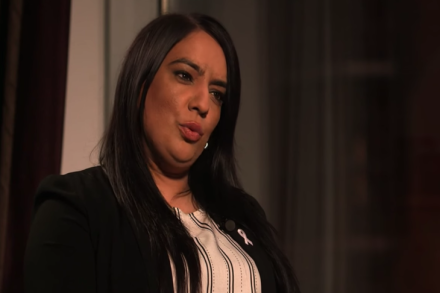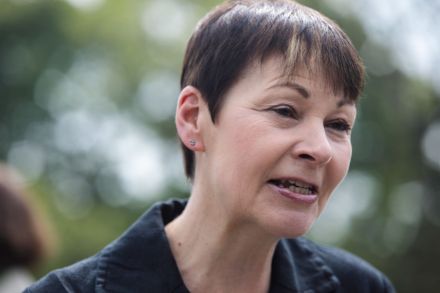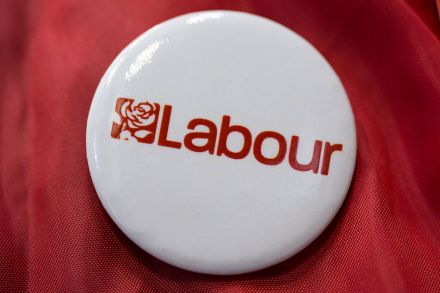The cautionary tale of Karen White, the transgender rapist
Karen White is a rapist and child abuser who has committed several acts of sexual violence against vulnerable people. One of the women Karen White raped was pregnant. Karen White is now going to spend a long time in jail. Next week, a Government consultation on reforming the Gender Recognition Act 2004 will end. That’s the law that allows someone, for example, born male to be legally recognised as female, under certain conditions: you have to show you’ve lived in your new gender for two years, and a doctor has to certify that you have gender dysphoria or another condition that underpins your transition. Some people think those conditions should be



















